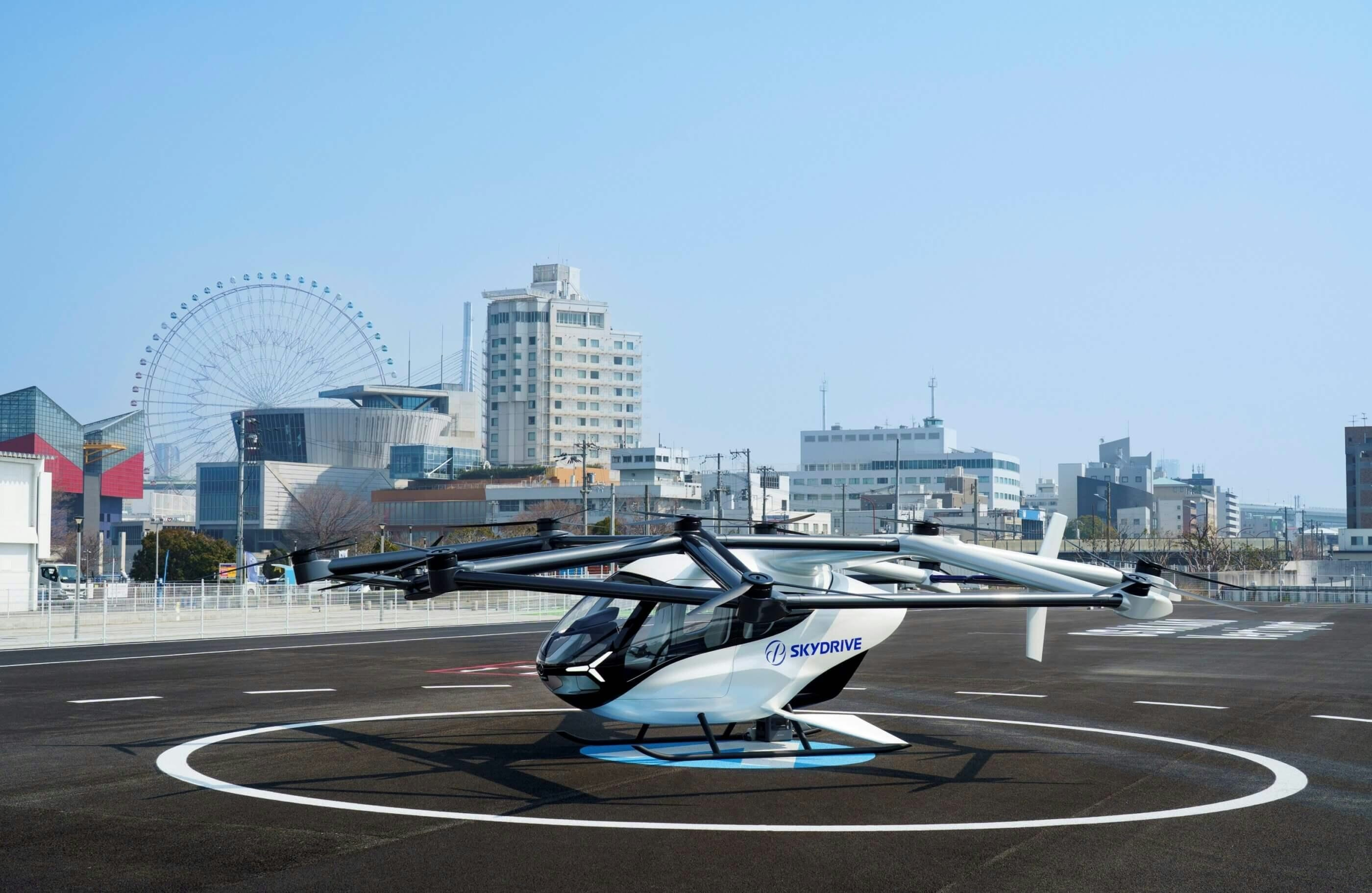AeroGenie — Tu copiloto inteligente.
Tendencias
Categories
Indonesia Advances Digital Transformation in Aviation Sector

Indonesia Advances Digital Transformation in Aviation Sector
Indonesia is intensifying efforts to modernize its aviation industry through a comprehensive digital transformation strategy. Government officials have emphasized the pivotal role of technology in enhancing the sector’s competitiveness and elevating the quality of public services. At a recent technical coordination meeting, Minister of Transportation Dudy Purwagandhi highlighted the urgent need for robust digital innovation to improve air travel management and passenger experience.
Strategic Initiatives and Industry Outlook
Central to Indonesia’s digital agenda are initiatives such as the digital tracking of aircraft movements, optimization of airport capacity, and refinement of flight routes. These measures aim to strengthen the country’s position in the global aviation market. State Apparatus Utilisation and Bureaucratic Reform Minister Rini Widyantini reinforced this vision, citing projections from the International Air Transport Association (IATA) that foresee Indonesia emerging as the world’s fourth-largest aviation market by 2036, with an estimated annual passenger volume of 355 million.
Widyantini stressed that achieving this ambitious target will depend on sustained government support, the delivery of high-quality public services, and the development of a skilled workforce. She pointed to rapid technological advancements already transforming the industry, including the deployment of smart airport systems, artificial intelligence-driven passenger flow management, and predictive maintenance for aircraft.
Challenges and Regional Competition
Despite the promising outlook, Indonesia’s digital transformation faces considerable challenges. The country must contend with intense competition from regional neighbors who are aggressively expanding their digital infrastructure, particularly through 5G and fiber network rollouts. Additionally, attracting and retaining top-tier digital talent remains a pressing concern. The sector must also adapt to evolving taxation and tariff policies, which could influence investment decisions and operational costs.
Market observers are closely monitoring Indonesia’s progress, with international aviation organizations expected to scrutinize regulatory developments and technological integration. Investor sentiment may shift in response to these changes, while the charter aviation segment experiences evolving dynamics. Across Southeast Asia, the push for artificial intelligence adoption is accelerating, intensifying the competition for technological leadership in the region.
Indonesian officials maintain a cautiously optimistic stance, asserting that embracing digital transformation is crucial not only to meet growing passenger expectations but also to secure the nation’s future role in the global aviation landscape.

Emirates Unveils Cabin Design for New Boeing 777X

Eighteen Years On, the Airbus A380 Remains Central to a $34 Billion Airline

How a boom in luxury airline seats is slowing down jet deliveries

Navitaire Outage Attributed to Planned Maintenance

DigiYatra Debuts Outside Aviation at India AI Impact Summit

Vietnam Orders Strengthen Boeing’s Commercial Outlook

Airbus Signals Uncertainty Over Future A400M Orders

JobsOhio Awards $2 Million Grant to Hartzell Propeller for Innovation Center

Collins Aerospace Tests Sidekick Autonomy Software on YFQ-42A for U.S. Air Force CCA Program

How the Airbus A350-1000 Compares to the Boeing 777
